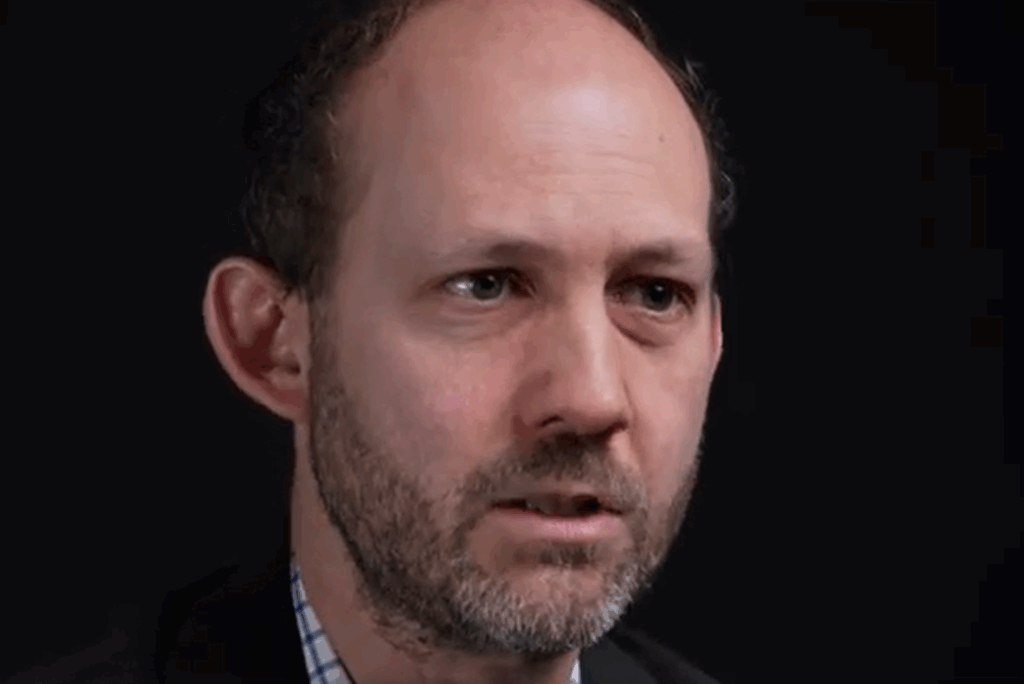Paddy Thompson, of accountancy and business advisory firm James Cowper, examines the “unintended” consequences of landfill tax.
When Gordon Brown imposed the landfill tax escalator in his 2007 Budget there was no indication that it was ever intended to be anything more than a revenue raising exercise. There was a vague reference to encouraging more recycling but no evidence as to what effect this measure would have in improving recycling rates. The relevant words from his speech are: “To encourage recycling and to reduce landfill, the landfill tax will, from April next year to 2011; rise by £8 each year”.
Paddy Thompson is a senior manager at James Cowper accountants and business advisers. Paddy works with a number of entrepreneurial businesses working in the waste management community.
We know that landfill tax will increase from the current rate of £32 per tonne to £40 in April 2009 and again to £48 per tonne in April 2010. So far we do not know what will happen after that. Some suspect it will continue to rise indefinitely, others (rather hopefully) that it will stop at £48. Whatever happens, the idea that it might ever come down again is optimistic in the extreme.
Success
Instead of being a completely negative measure for the waste industry, the landfill tax has succeeded in creating a space for new waste treatment technologies to blossom, so long as they avoid waste going to landfill. Anaerobic digestion plants for treating food waste are sprouting up around the UK in an attempt to provide a more comprehensive solution to methane emissions, turning a harmful emission into a useful input into an energy generation process.
This in turn has provided challenges for the Environment Agency, which has had to accept (at least in some cases) that a waste stream isn't always a waste stream. PAS100 and PAS110 standards now mean that composting and anaerobic digestion can reduce significantly levels of biodegradable waste going to landfill.
What is more, the government is actively encouraging waste to energy technologies through the renewables obligation scheme, which it confirmed last November would continue until 2037. With banded Renewable Obligations Certificates (ROCs) introduced from April 2009 the visibility on revenue streams for waste to energy projects has improved significantly, even if further increases in landfill tax are excluded.
Investment
As a result investor appetite for the waste sector has improved dramatically, particularly in the mid market where entrepreneurial management teams can seek to take advantage of technologies which have been proven elsewhere and apply them to the UK waste market. The most recent example of this we have seen is the investment by Foresight Group into Vertal and the rise of well-financed independent operators such as Biogen and Orchid Environmental.
But what happens if landfill tax continues to increase at £8 per tonne per year? Is it all good news? Unfortunately not; the law of unintended consequences works both ways.
Human nature dictates that laws and regulations will not be enough to stop anti-social behaviour such as fly-tipping. An increasing landfill tax is likely to lead to organised criminal activity and fly-tipping on an industrial scale. Another unwelcome outcome of further use of the landfill tax escalator is that it will become financially viable to export our municipal solid waste (MSW) to developing countries where any regulations that exist are less strictly enforced.
The Chancellor will ultimately decide what happens to the landfill tax escalator but we would call on him in this year's budget to make clear at what final level he sees the landfill tax reaching and when. This will allow better visibility on future revenues for new projects and ultimately greater diversion of waste from landfill into new, useful products.
.







Subscribe for free